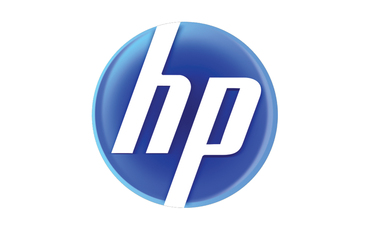
HP's shares rose after the world's largest PC maker's quarterly results beat analysts' low expectations, as CEO Meg Whitman's restructuring programme begins to take shape.
The Palo Alto, California-based firm's profits for the second quarter of 2013 were down a staggering 32 per cent year on year, but this was better than many on Wall Street had anticipated.
HP shares gained as much as 14 per cent after the firm projected full-year earnings per share of $3.50 to $3.60. It estimates earnings per share in the third quarter of fiscal 2013 to be in the range of $0.84 and $0.87.
"I am encouraged by our performance in the second quarter, and I feel good about the rest of the year," said Whitman.
"As I have said many times before, this is a multi-year journey. We have a long way to go, but we are on track to deliver on our fiscal 2013 non-GAAP diluted earnings per share outlook," she added.
Net revenue for the second quarter of 2013 was down 10 per cent, with the firm's sales dropping in each of its divisions. The personal systems division, which incorporates HP's desktops, laptops and notebooks, suffered a drop of 20 per cent in its revenue. The printing section's revenue declined one per cent year on year, but the company said it made a "strong operating margin" of 15.8 per cent.
Enterprise group and enterprise services revenue declined 10 per cent and eight per cent respectively, while software revenue was down three per cent and financial services sales were down nine per cent year on year.
HP's second quarter results mirrored its first quarter, which also saw sales and profits decline, but shares rise.
Whitman's restructuring plans included laying off 29,000 employees over the next two years. The company has also had problems with its high-profile acquisitions in the last few years.
In August 2012, HP revealed a colossal quarterly loss in its third fiscal quarter after writing down $8bn (£5.1bn) on its services arm as a result of its poorly timed $13.9bn (£8.8bn) purchase of EDS in 2008.
In November 2012, HP filed a $5bn (£3.15bn) writedown in the value of its $10.24bn (£6.2bn) acquisition of Autonomy after Whitman claimed that a "whistleblower" had come forward alleging that Autonomy had engaged in dubious accounting practices that had artificially inflated the growth of the company's software business.





